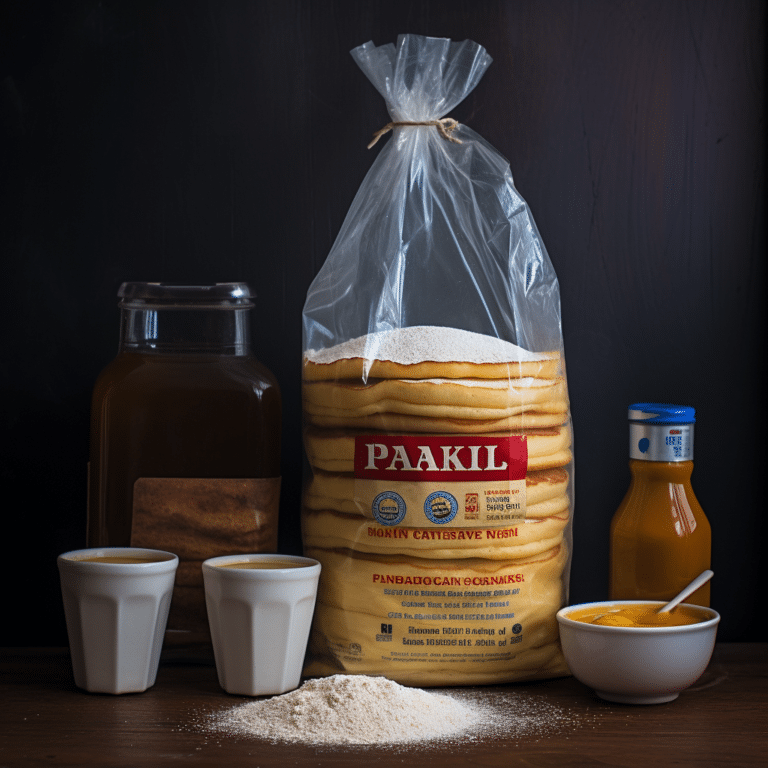Ordering Food in School: Pros and Cons
States such as California in the US have banned food orders in public schools, with others such as Jersey allowing the same. The antagonists and protagonists have reasons why they should or should not order food into the school. The reasons could be justified or not. In this article, we explore the reasons students order food to school and its pros and cons.

Can You Order Food To School?
Whether a student can order food to school depends on various factors, the primary being the school or state meal policies. The majority of public schools in the US don’t allow students to order food to school. The reasons could be justified or not. In this article, we explore the reasons students order food to school and its pros and cons.
Why Do Students Order Food To School
Several factors cause a student to order food to school where the school policies allow.
Monotony
School meals can be monotonous and boring. It could be more boring than imagining the whole day you will need to eat your least favorite food at mealtime. A student may prefer to order a more pleasant meal if he gets an opportunity. Most schools have a meal plan with a repetitive menu and rarely have foods that appeal to young people. For instance, a young person will find a slice of pizza better than a plate of steamed vegetables.
Cravings
Once in a while, we get cravings for sugary or fatty foods. It could be Mcdonald’s burger or fries. Some of these students come from families where they are not allowed such treats at home. Well, if they don’t overdo it, it may not be harmful.
Peer Pressure
Students, especially teens, are bound to bow to peer pressure once in a while. A student may want to order food to school just to fit into a particular clique. They could order food out of curiosity or as an adventure.
Students of this age wish to explore different things, including meals, and ordering food to school allows them to do so. However, it could be destructive if the student lacks self-control and the ability to make independent choices later.
Unbalanced School Meals
In rare cases, a school could offer a meal that is not balanced, and a student may want to order into school a better meal. Their parents could also order for them when there is a deficit of nutrients in their meals.
Insufficient Portions
School meals could be in small portions that are insufficient for the students. In such cases, a student may order food to complement whatever they have received from the school.
Inability To Carry Homemade Food
In schools where students carry their food, you may find a student was not able to bring food from food. Several reasons could contribute to this such as lack of food in the house or laziness that prevents the parents from preparing a meal. Such a student might be justified to order food to school if the policy allows it.
Cons of Ordering Food To School
Several issues could arise when students are allowed to order food to school.
Food Poisoning
Top on the list of cons is food contamination and poisoning. We have reputable food delivery companies, but if a child orders food from an unscrupulous vendor who doesn’t adhere to food safety processes, he could get food poisoning. Some signs of food poisoning are hives, irritation, abdominal pains, nausea, and in severe cases, convulsions and death. It is, therefore, safe to have children eat food made in school or from home.
Nutritional Needs
Young people will rarely order nutritious food. They often go for fast food; fries, burgers, and pizza. Such unhealthy meals increase the risk of unhealthy weight gain that could lead to obesity and other health complications.
Inequality In School
Not all students in a school can afford to order a meal. Those who can’t afford might be stigmatized, demoralized, stressed, and worse still, depressed. It could also lead some to turn to vices to fund their food ordering habit. To prevent such occurrences, a school may ban ordering food.
Disruptive
Imagine a hundred deliveries in a school at a one-hour lunch break. It could disrupt other programs. For instance, staff might turn into errand runners at the expense of other duties. Students whose meals delay could also be disrupted during their studies if the order comes in during the class time.
Wastage Of School Meals
When a student has a chance to order food, they may not take school meals leading to waste as schools prepare food for all. Where the school is strict, a student will pick up the food but end up in the trash.
Contrabands In School
In a school community, not all students are up to good. Some may have ulterior motives. If they are allowed to order food, it could be easy to sneak drugs and weapons into school.
With increased school shootings, it would be advantageous if a school got a strict policy on who is allowed to bring food into the school. In some schools, it might be impractical for the office to check all orders thoroughly. Worse, a student can sneak in the food and contrabands unnoticed.
Costly
School or homemade meals are relatively cheaper than food orders which could strain students and their parents. Such constraints could lead to students engaging in illegal acts such as theft and illicit businesses. School policies that don’t allow food orders can be justified on such grounds.

Insecurity Concerns
The movement of food delivery staff could compromise security in a school. It means the gates are often opened to allow the delivery guys in and out, giving room for criminal elements to enter the school.
In conclusion, whether one can order food to school or not depends on the school and state meal policies. There are pros and cons of allowing food orders in school. This article has highlighted some of them.






